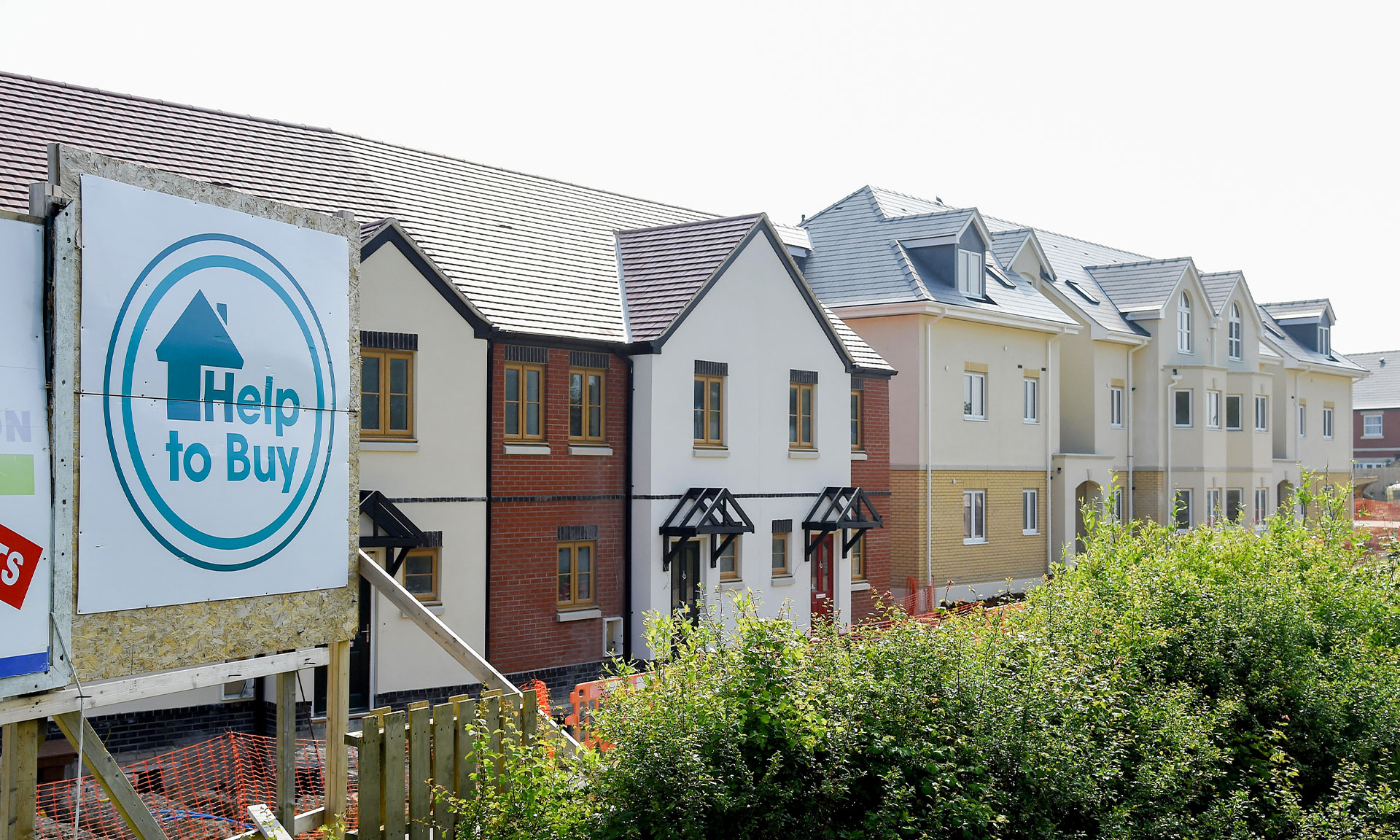
The government has extended the Help to Buy equity loans scheme, which comes as a huge relief to buyers whose property purchases were set to fall through.
Thousands of first-time buyers and home movers in England had their plans cast into doubt after building delays caused by COVID-19 meant their homes were unlikely to be completed by the scheme’s previous building deadline of 31 December.
Now, though, the government has extended the cut-off by two months, giving builders until 28 February to complete construction.
Here, Which? offers advice on what the extension means for home buyers and explain how Help to Buy is set to change from April 2021.
Help to Buy build deadline extended
Before the government’s announcement last Friday, the rules of the current Help to Buy equity loan scheme in England stated that construction needed to have completed on properties by 31 December this year – a timeline that became impossible for many developers after coronavirus struck the nation.
The government has now extended the deadline to 28 February 2021, giving builders an extra two months to complete properties. The final date for purchases to be completed will remain at 31 March 2021.
The government says further help will be offered on a case-by-case basis to purchasers who face ‘severe’ build delays, potentially extending the completion deadline to 31 May.
How is Help to Buy changing?
These deadlines are important because the English Help to Buy scheme will change significantly from April 2021.
The current scheme has been used by more than 270,000 buyers, but it has faced allegations of pumping up the value of new-build homes and lining the pockets of developers.
This has led the government to reform Help to Buy. From next April, the scheme will be limited to first-time buyers and have regional price caps, which will range from £186,100 in the North East to £600,000 in London.
This means developers will need to ensure any homes they build adhere to the new thresholds, or cease selling properties through the scheme.
The government says it has no plans to delay or scrap these reforms due to COVID-19.
Which? investigates Help to Buy losses
In June, Which? published a comprehensive investigation into the cost of homes sold under Help to Buy.
After a complaint to the Information Commissioner, we obtained never-seen-before data showing that one in seven Help to Buy homes was resold at a loss during the scheme’s first six years. This amounted to more than 5,000 properties.
We discovered that Help to Buy resales had made overall losses in 26 parts of England, despite average house prices increasing in every one of those areas.
This raised serious questions about the premium prices developers have charged for properties built under the scheme.
Buying your first home during COVID-19
The Help to Buy equity loan scheme has been very popular, especially with first-time buyers, who account for around 80% of purchases.
The scheme is attractive as it allows you to buy a new-build home with just a 5% deposit and a 20% loan from the government.
However, it does have some pitfalls and it’s not the best option for everyone.
If you’re thinking of buying your first home later this year, you might find you have fewer options thanks to the coronavirus outbreak.
Buyers with a 5% or 10% deposit have seen their choice of mortgages dry up. This means you may need a deposit of 15% to get on to the property ladder.
If you only have a small deposit, you might be better off waiting until the market fully recovers and more deals become available.
First-time buyers in more expensive areas can benefit from the temporary stamp duty holiday. If you’re buying your first home in London, our calculations show you’ll save around £6,300 in tax on an average-priced home.
Which? Money Podcast: what next for the property market?
In this week’s Which? Money Podcast, we discuss the state of play for people buying and selling homes.
We discuss the effect of the stamp duty cut, what’s happening to the mortgage market and how buyer priorities are changing with insight from experts from Hamptons and Zoopla.
You can listen to the full episode below and find out how to subscribe here.



